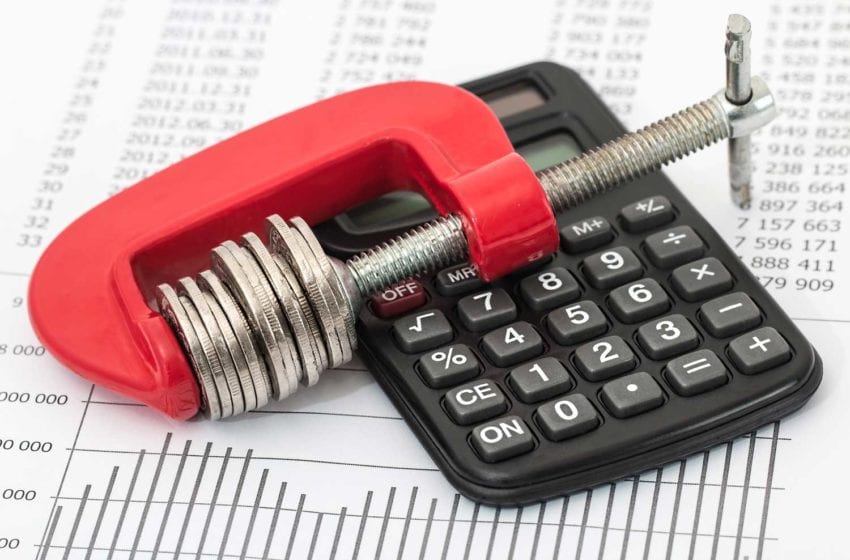Vapers and cigarette smokers alike will be paying more for those products after the German Bundestag signed off on a bill to raise taxes on combustible cigarettes, e-cigarettes and heat-not-burn (HnB) tobacco products.

On Friday morning, the Bundestag waved through legislation to make vaping in Germany more expensive as of next year. Legislators are coming down hard on e-cigarettes HnB products which were previously only lightly taxed. That will change in the future, as the government moves to tax even nicotine-free varieties of e-cigarettes.
Currently, a 10-millilitre bottle of vape liquid costs around 5 euros in Germany. In 2022, an extra 1.60 euros will be added to this price in taxation, and this will rise to 3.20 euros by 2026. An additional tax is also to be introduced for HnB products so that those products will be treated similarly to cigarettes for tax purposes.
The new law has been met with dismay by the manufacturers of vaping products who argue that their products contain significantly fewer harmful substances than tobacco cigarettes and should therefore not be subject to the same levels of taxation. The Association of the E-Cigarette Trade (VdeH) warned that the move might prompt vapers to revert to smoking tobacco cigarettes.
The so-called “Alliance for Tobacco-Free Enjoyment” – a representative body for the e-cigarette industry – said that it intends to go to the Federal Constitutional Court to file a complaint against what it sees as a disproportionate tax increase.
Also, the combustible tobacco tax on a packet of 20 cigarettes will rise by an average of 10 cents in 2021. A year later, a further 10 cents will be added, and in both 2025 and 2026 another 15 cents per pack will be added.
Around one in four adults in Germany smokes regularly, meaning that the tobacco tax is a big source of revenue for the government. Last year, it swelled the government’s coffers to the tune of approximately 14.7 billion euros. The last time the tobacco tax was increased was in 2015.



